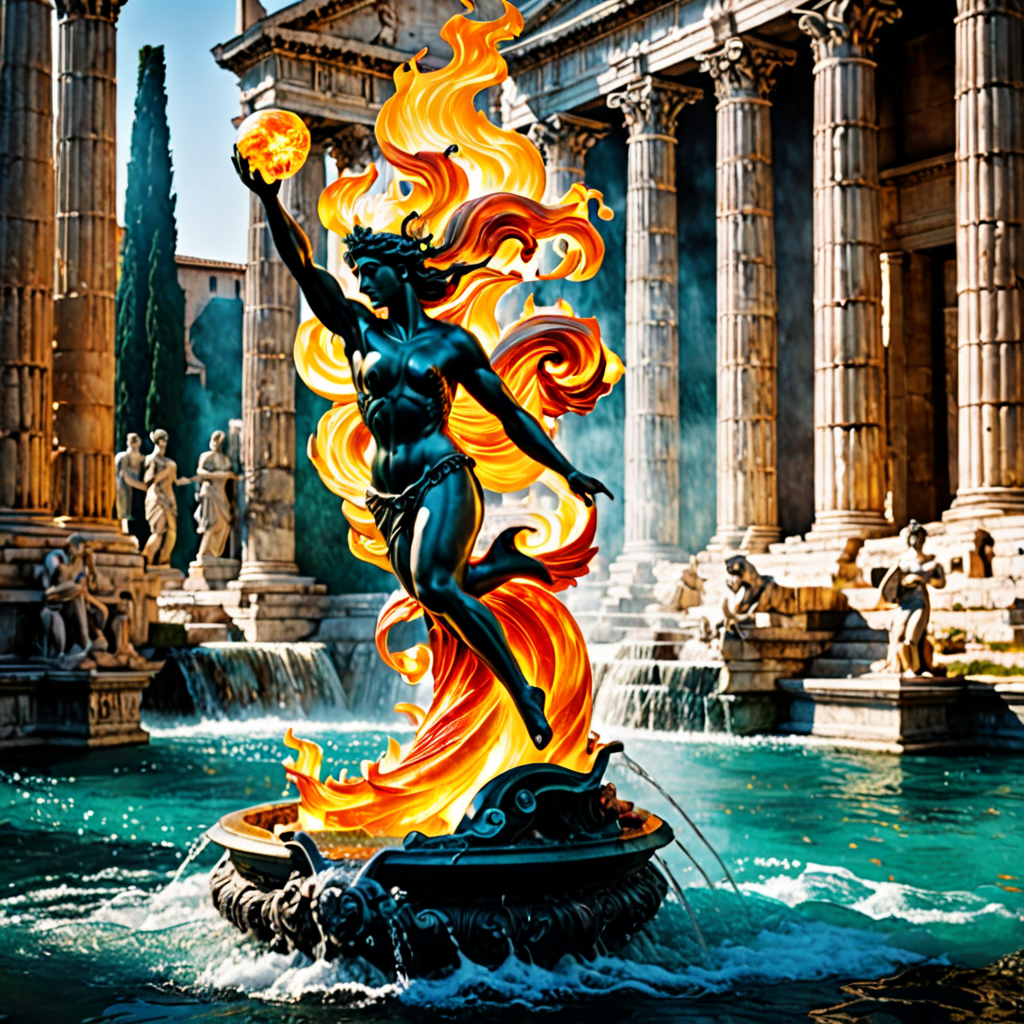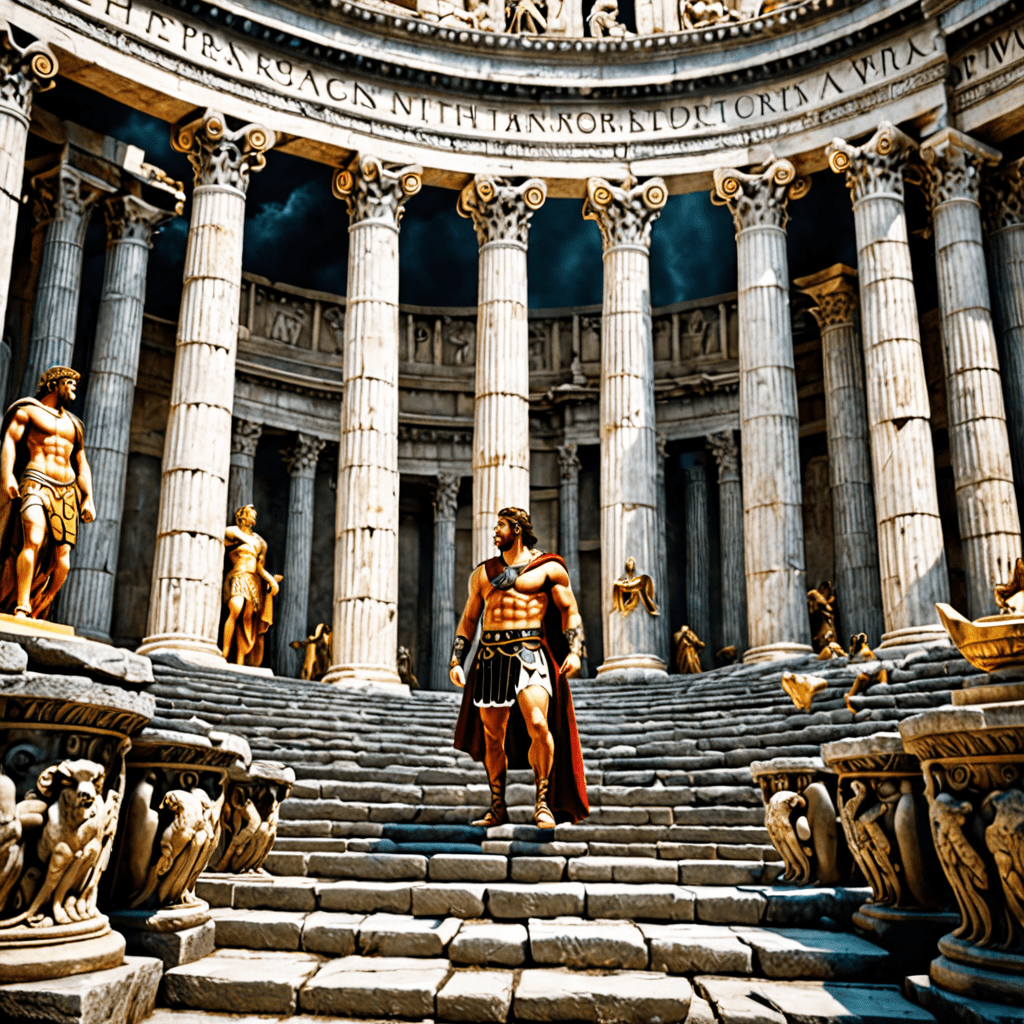The Symbolism of Water and Fire in Roman Mythology
In Roman mythology, water and fire hold significant symbolic meanings that are woven into the stories and beliefs of the ancient Romans. Let’s delve into the profound symbolism of these fundamental elements in Roman mythological narratives.
Water in Roman Mythology
Water played a crucial role in Roman mythology, symbolizing various aspects such as purification, rebirth, and renewal. The Romans associated water with the goddess Venus, who embodied love, beauty, and fertility. Water sources, especially springs, rivers, and seas, were believed to be connected to her divine presence.
One of the famous water-related stories in Roman mythology is the tale of Neptune, the god of the sea. Neptune’s power over water underscored the Roman reverence for the seas and rivers as sources of life and vitality. Additionally, water was seen as a purifying force, often used in rituals to cleanse and renew.
Fire in Roman Mythology
Fire held a dual nature in Roman mythology, symbolizing both destruction and transformation. The goddess Vesta represented the sacred flame that burned in the hearth of every Roman home. This eternal fire was believed to protect the household and symbolized unity and familial bonds.
Furthermore, the god Vulcan, associated with fire and the forge, wielded the power of transformation through his craft. The act of forging metals in the intense heat of Vulcan’s forge was seen as a metaphor for purification and refinement, reflecting the cyclical nature of creation and destruction.
Interplay of Water and Fire
Within Roman mythology, the interplay between water and fire symbolized the balance of opposing forces – creation and destruction, renewal and purification. The Romans recognized the complementary nature of these elements, understanding that both were essential for maintaining harmony and order in the world.
Stories of floods and volcanic eruptions in Roman myths often highlight the dynamic relationship between water and fire. While water could offer safety and fertility, it also harbored the potential for chaos and destruction. Fire, in its role of transformation, could bring about change and renewal but also wield destructive power if not tempered.
In conclusion, water and fire in Roman mythology embody complex symbolic meanings that reflect the eternal cycles of life, death, and rebirth. They serve as reminders of the delicate balance between creation and destruction, renewal and purification, underscoring the intricate interplay of forces at play in the mythological cosmos of ancient Rome.
FAQ: The Symbolism of Water and Fire in Roman Mythology
What does water symbolize in Roman mythology?
In Roman mythology, water is often associated with purification, healing, and rebirth. It symbolizes the cleansing of the soul, renewal, and the source of life. For example, the Roman goddess of freshwater, Juturna, represents healing and the soothing powers of water.
What does fire represent in Roman mythology?
Fire in Roman mythology often symbolizes transformation, destruction, and vitality. It is linked to the power of creation, passion, and divine inspiration. The Roman god Vulcan, the god of fire and craftsmanship, embodies the transformative and powerful nature of fire.



